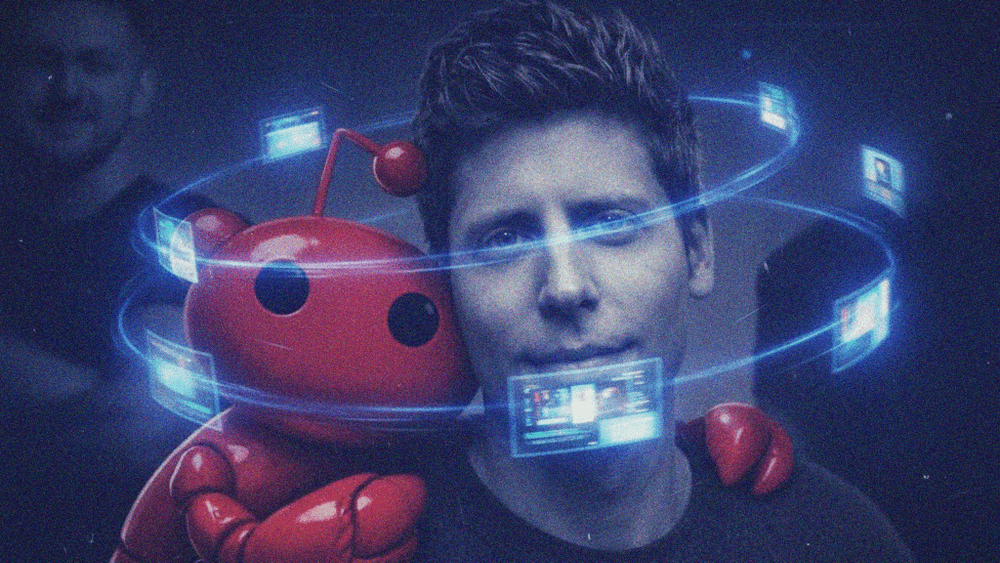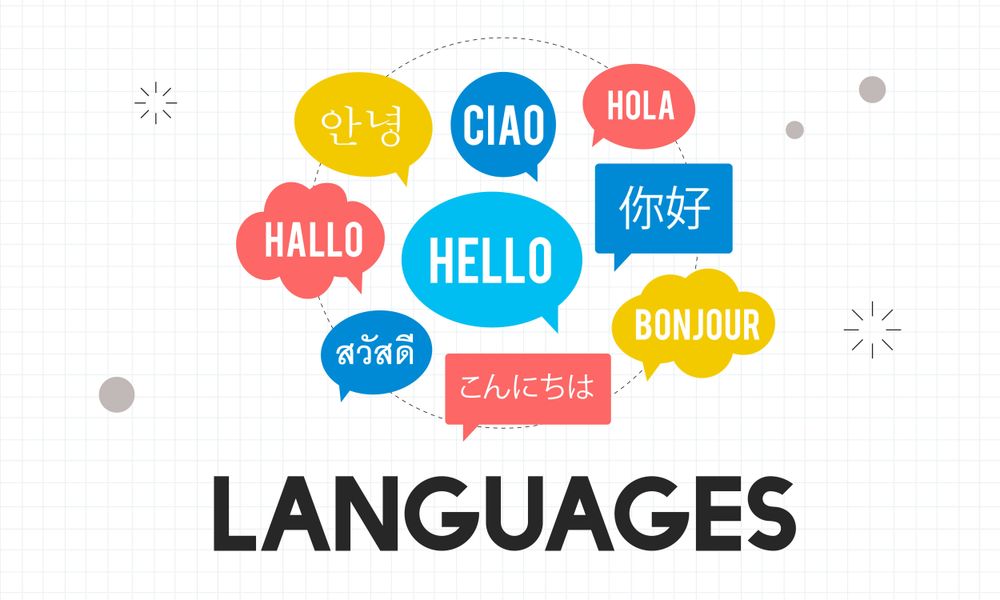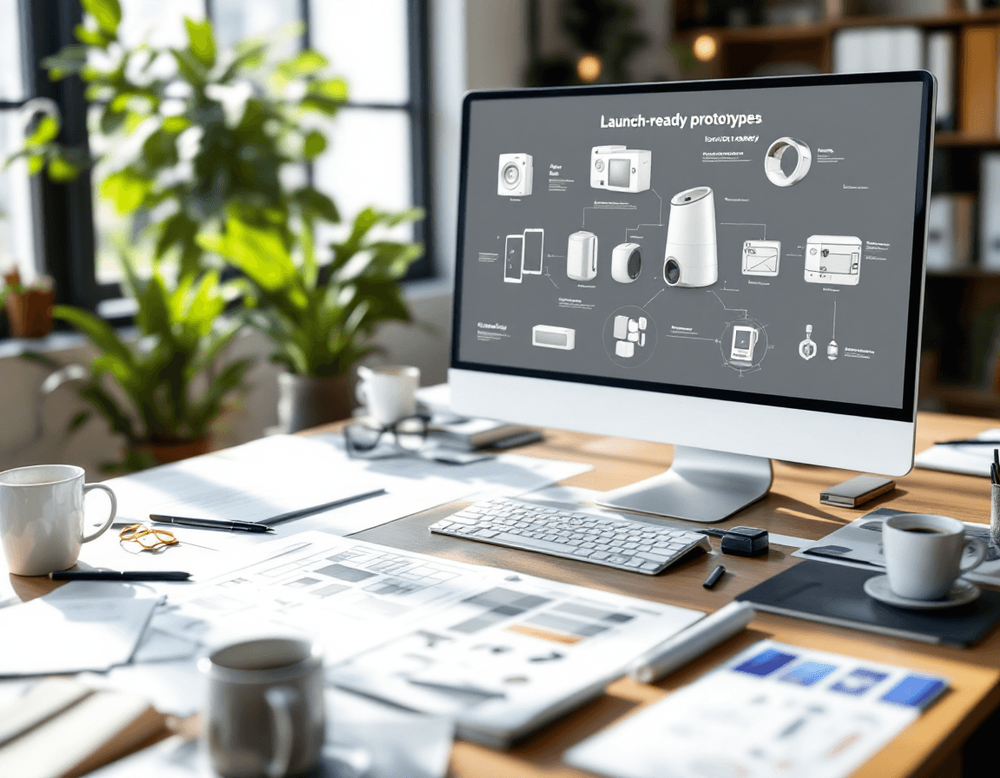The Study
OpenAI, Open Research, and the University of Pennsylvania conducted a study that examines the “exposure” of work tasks to AI “without distinguishing between labor-augmenting or labour-displacing effects.” The title of the study is “GPTs are GPTs: An Early Look at the Labor Market Impact Potential of Large Language Models,” where it takes a deep dive as to which jobs are at high risk of being lost due to the potential exposure to large language models. The study states that GPTs can significantly affect various occupations within the US economy by showing a key attribute of general-purpose technologies. The study also identified the potential exposure each job has to language models. The term “exposed” has a broad definition, which indicates that professions or jobs may be affected by AI in various ways, from job loss to including AI to assist in some of their job functions. It also refers to whether the use of GPT or GPT-powered system reduces the time by 50% than what humans take to do their jobs.The Top Jobs Most Exposed and Least Exposed to AI

Human experts and AI worked separately the exposure of different occupations. According to the study, the AI labelled 86 jobs as “fully exposed.” On the other hand, human experts only labelled 15 occupations as fully exposed.
Here are the top most exposed professions:- Accountants
- Administrative Assistants
- Auditors
- Copy Markers
- Court Reporters
- Financial Quantitative Analysts
- Journalists
- Mathematicians
- News Analysts
- Proofreaders
- Simultaneous Captioners
- Tax Preparers
- Web and Digital Interface Designers
- Writers and Authors
- Meat, Poultry, and Fish Cutters and Trimmers
- Plumbers
- Athletes and Sports Competitors
- Carpenters
- Agricultural Equipment Operators
- Dishwashers
- Stonemasons
- Cement Masons
- Painters
- Electrical Power-Line Installers and Repairers
- Auto Mechanics
- Bartenders
- Cafeteria Attendants
- Slaughterers and Meat Packers
- Cooks
Job Roles Most Likely to Change
OpenAI recently launched GPT-4, the latest AI technology and is known to be capable of performing tasks at a level comparable to humans on a certain professional and academic tasks. As per the company’s official website, GPT-4 is more innovative and cooperative than the previous GPTs, and can accurately tackle complex problems with greater accuracy.
In an interview with ABC News, OpenAI CEO Sam Altman said that ChatGPT is going to eliminate a lot of current jobs and make much better ones. He further said that “the reason to develop AI, in terms of impact on our lives and improving our lives and upside, this will be the greatest technology humanity has yet developed.”
Finally, he added that “people should be happy” that OpenAI was a “little bit scared” of the potential of AI.
Learn More About the Potential of AI
With the great potential of what AI holds, it also holds the power of the human to use this technology appropriately and responsibly. To know more about AI or ChatGPT in particular, visit the ChatGPT bot and give it a try as to how it can improve your workflow.
Sources:





